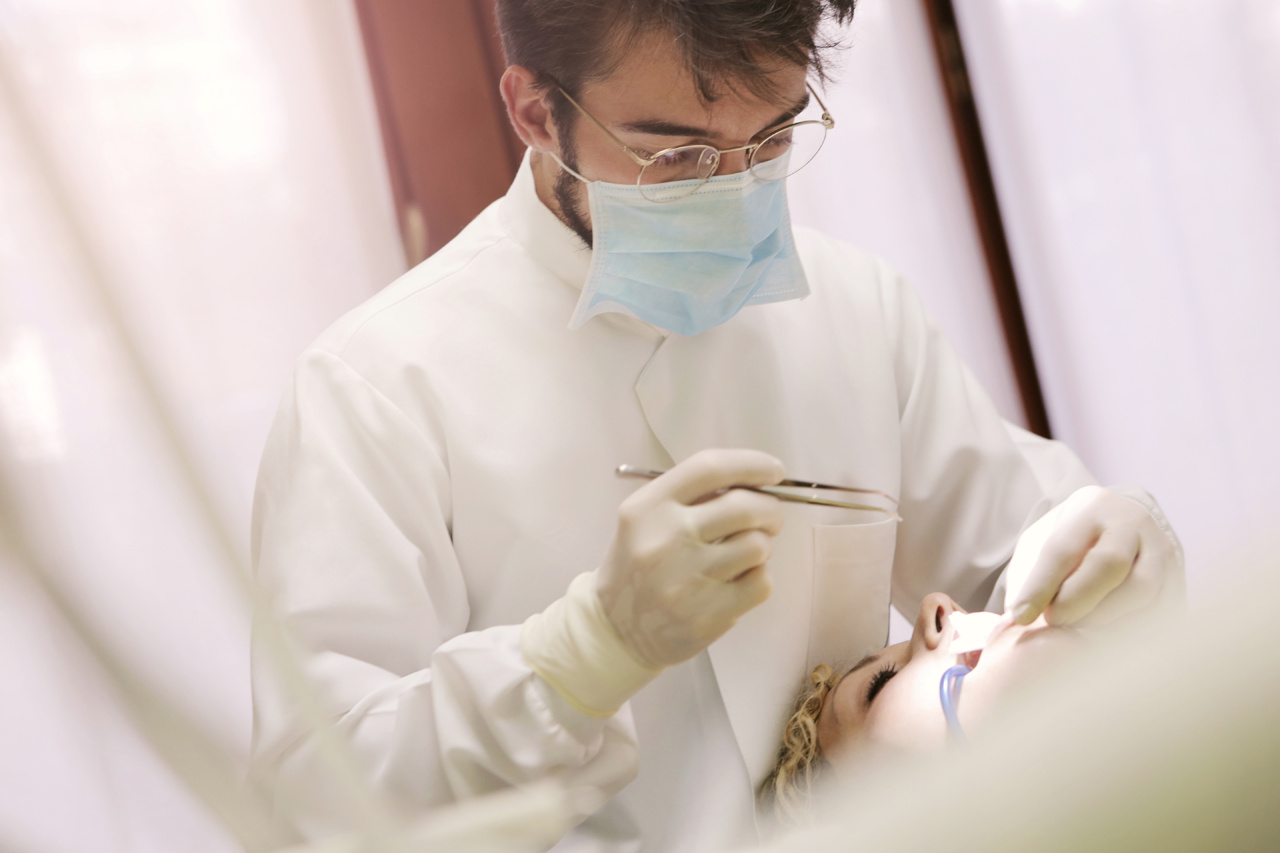Infertility is a major concern for millions of couples worldwide. While it has traditionally been associated with women, research has shown that male infertility is just as prevalent.
In fact, about one-third of all infertility cases are attributed to men.
The Male Infertility Challenge
Male infertility can be caused by various factors. These include hormonal imbalances, genetic disorders, sexual dysfunction, and sperm abnormalities.
While treatments such as in vitro fertilization (IVF) and intrauterine insemination (IUI) have been successful, they often focus on addressing female infertility issues.
For many years, male infertility has been a complex puzzle with limited treatment options. However, recent breakthrough research has opened up new possibilities for men struggling with infertility.
Understanding Sperm Production and Maturation
To comprehend the significance of this breakthrough, it is important to understand the process of sperm production and maturation. Sperm cells are produced in the testes through a process called spermatogenesis.
This process involves the division and maturation of germ cells into mature sperm.
During spermatogenesis, the action of Sertoli cells is crucial. Sertoli cells provide physical and nutritional support to sperm cells during their development. They also help regulate the process by producing various growth factors and hormones.
Previously, it was believed that once the process of spermatogenesis was disrupted, it was irreversible. Therefore, the only available treatments were those that focused on optimizing the conditions in which sperm cells matured.
Epigenetic Modifications and Male Infertility
Epigenetics is a branch of genetics that studies changes in gene expression that do not involve alterations to the DNA sequence. Recent research has shown that epigenetic modifications play a significant role in sperm production and function.
Scientists have discovered that certain epigenetic modifications can lead to abnormalities in sperm development, rendering the sperm cells less fertile or even non-functional.
These modifications can occur due to various factors, including exposure to environmental toxins, stress, and lifestyle choices.
Based on this understanding, researchers have been working diligently to identify treatments that can reverse or overcome these epigenetic modifications, thus increasing the chances of successful fertilization.
The CRISPR-Cas9 Breakthrough
One particularly promising breakthrough involves the use of the CRISPR-Cas9 gene-editing system. CRISPR-Cas9 allows scientists to make targeted modifications to the DNA sequence of an organism.
Researchers have successfully used CRISPR-Cas9 to modify specific genes in animal models, effectively correcting some of the genetic abnormalities that can cause male infertility.
By using this powerful gene-editing tool, scientists hope to develop targeted treatments for male infertility in the near future.
Unlocking the Potential for Male Fertility Treatments
While the use of CRISPR-Cas9 in humans is still in its experimental stages, it has already shown significant promise in animal studies.
By specifically targeting the genes that play a role in sperm development, scientists have managed to improve fertility rates in male animal models.
However, it is important to note that the use of CRISPR-Cas9 in humans raises ethical concerns and requires thorough examination. The potential for unintended consequences and misuse of this technology necessitates careful consideration and regulation.
Despite these challenges, the breakthrough research on male infertility is undoubtedly a step in the right direction. It provides hope for couples struggling with male infertility and offers the possibility of more effective treatments in the future.
Other Advancements in Infertility Treatments
While the research on male infertility is exciting, it is crucial to acknowledge that there have been numerous advancements in infertility treatments for both men and women.
For instance, techniques such as intracytoplasmic sperm injection (ICSI) have revolutionized the treatment of male infertility.
ICSI involves injecting a single sperm directly into an egg to facilitate fertilization, overcoming issues related to low sperm count or poor sperm quality.
Additionally, researchers have made significant progress in the development of artificial sperm and testicular tissue engineering. These advancements provide hope for those struggling with severe male infertility issues.
Furthermore, advancements in assisted reproductive technologies (ART) have improved the success rates of fertility treatments. ART techniques like IVF and IUI have helped countless couples conceive and have a child of their own.
The Importance of Seeking Professional Help
While breakthrough research and advancements in infertility treatments are promising, it is essential for couples struggling with infertility to seek professional help.
Fertility specialists are equipped with the knowledge and expertise to diagnose and treat various fertility issues, both in men and women.
By consulting a fertility specialist, couples can undergo a comprehensive evaluation to identify the root causes of infertility.
This evaluation includes assessing hormonal levels, performing sperm analyses, and conducting genetic testing when necessary.
Based on the evaluation results, a tailored treatment plan can be developed, taking into account the specific needs and challenges faced by the couple.
Conclusion
The breakthrough research on male infertility is paving the way for improved treatments and increased chances of conception for couples worldwide.
The understanding of epigenetic modifications and the use of gene-editing tools like CRISPR-Cas9 offer hope for addressing male infertility issues more effectively in the future.
However, it is important to remember that infertility is a complex issue that may involve both male and female factors.
Seeking professional help and exploring various fertility treatment options can provide the best chances of conception for couples struggling with infertility.






























